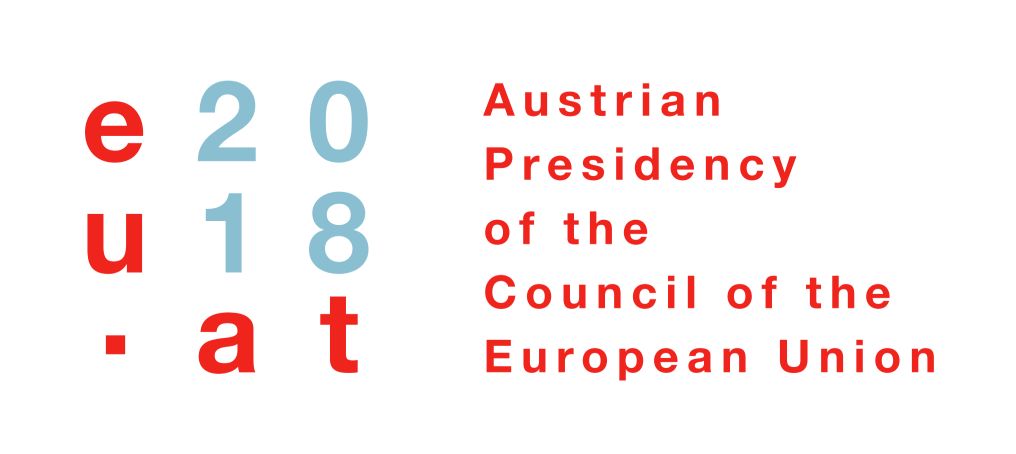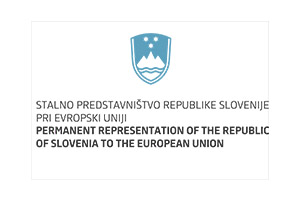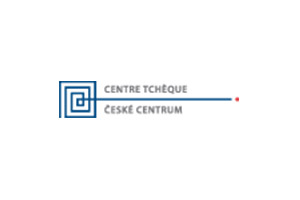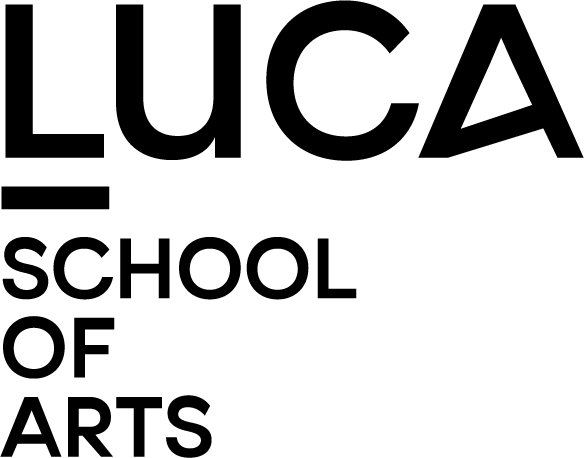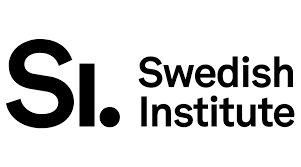Find a poet
Latest updates
-
TRANSPOESIE 2025
09/24/2025 -
Transpoesie 2025 - Programme
09/24/2025 -
Transpoesie 2025 - Open Call
04/16/2025
Stina INGA
I was born in Giron/Kiruna, the Swedish part of Sápmi, 1974. I grew up in a traditional reindeer herding family and I still live among the reindeer herders. My native language is Sámi and it is the language I speak on a daily basis. My parents taught me to live close to nature and all about our land, the reindeers and our history and ancient religion, although we lived among the Swedish people.
I have never doubted what or who I am. I have always been a Sámi, with my own language, my own culture, my own religion and our own land. It has sometimes been hard growing up and living with racism and the struggle to be allowed to live our traditional life. My way to support my people is to write and try to keep our language and traditions alive, but I also want my people to start talking about the things that are hard and difficult to speak about. I want to give the silenced a voice.
Poetry books:
- Ferten eallima joksat, DAT 1995
- Skilli čoavdagat čoavjji dievva/Med magen full av skramlande nycklar, Författarens Bokmaskin 2009.
- Jámán oaneghis bottu – Jag dör en kort stund, DAT 2016.
- dego Stálu lávžegihput – som björkarnas häxkvastar, DAT 2020
Antologies:
- Beyond the Wolf Line. An Anthology of Sami Poetry, Making Waves 1996
- Göra upp eld, Glesbygdsverket 1996
- Juoga mii geasuha. Sámi girječálliid searvvi antologiija, Davvi Girji 2001
- Taste of Paper. Anthology of Texts from the Young Writers Meeting in Visby 2002, Östersjöns författar- och översättarcentrum 2002
- Nio, Black Island Books 2002
- Bágos báhkuj / Sánistat sátnái / Baakoste baakose / Ordagrant, red Pär Hansson, Johan Sanberg Mcguinne, 2022

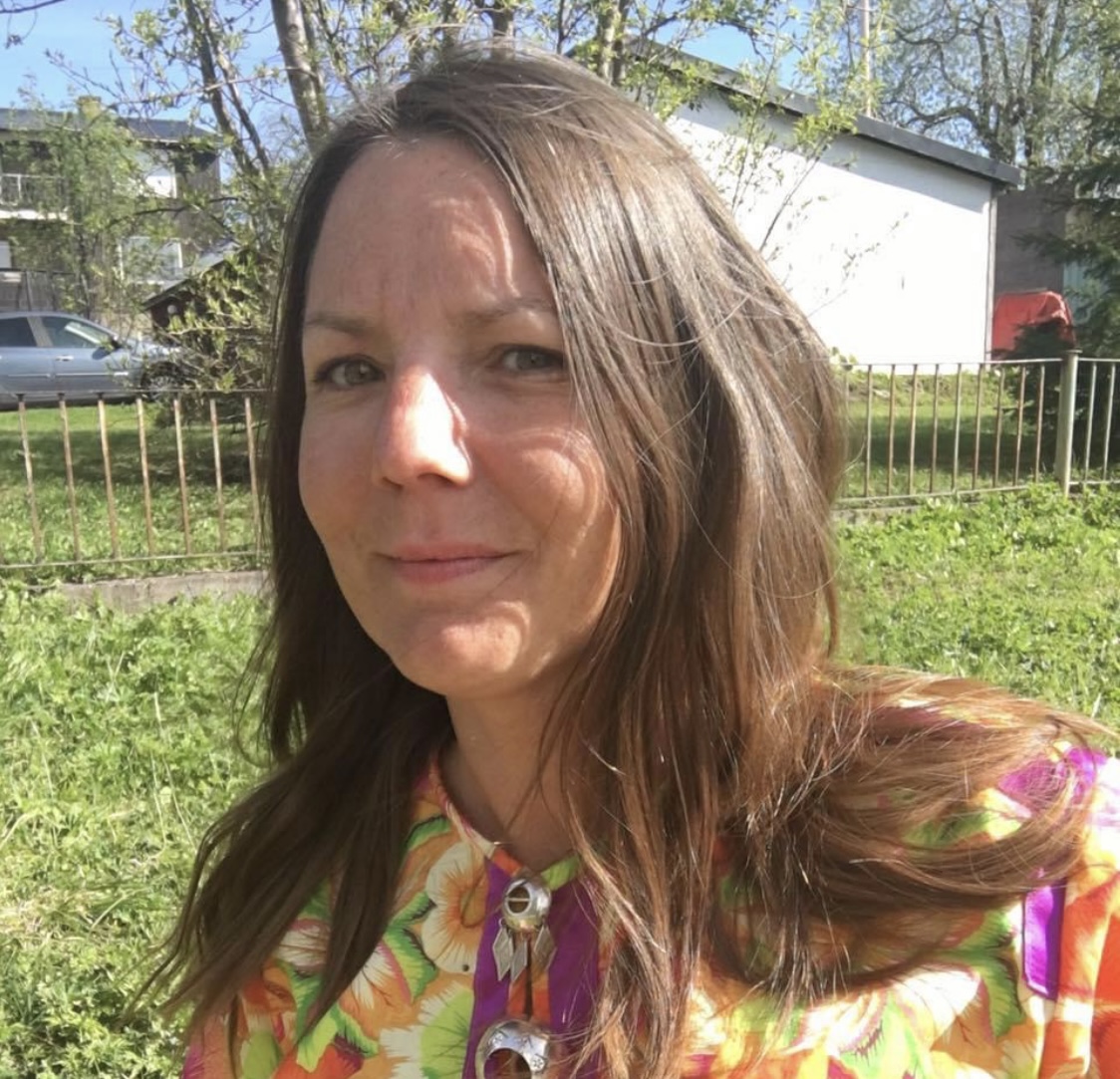
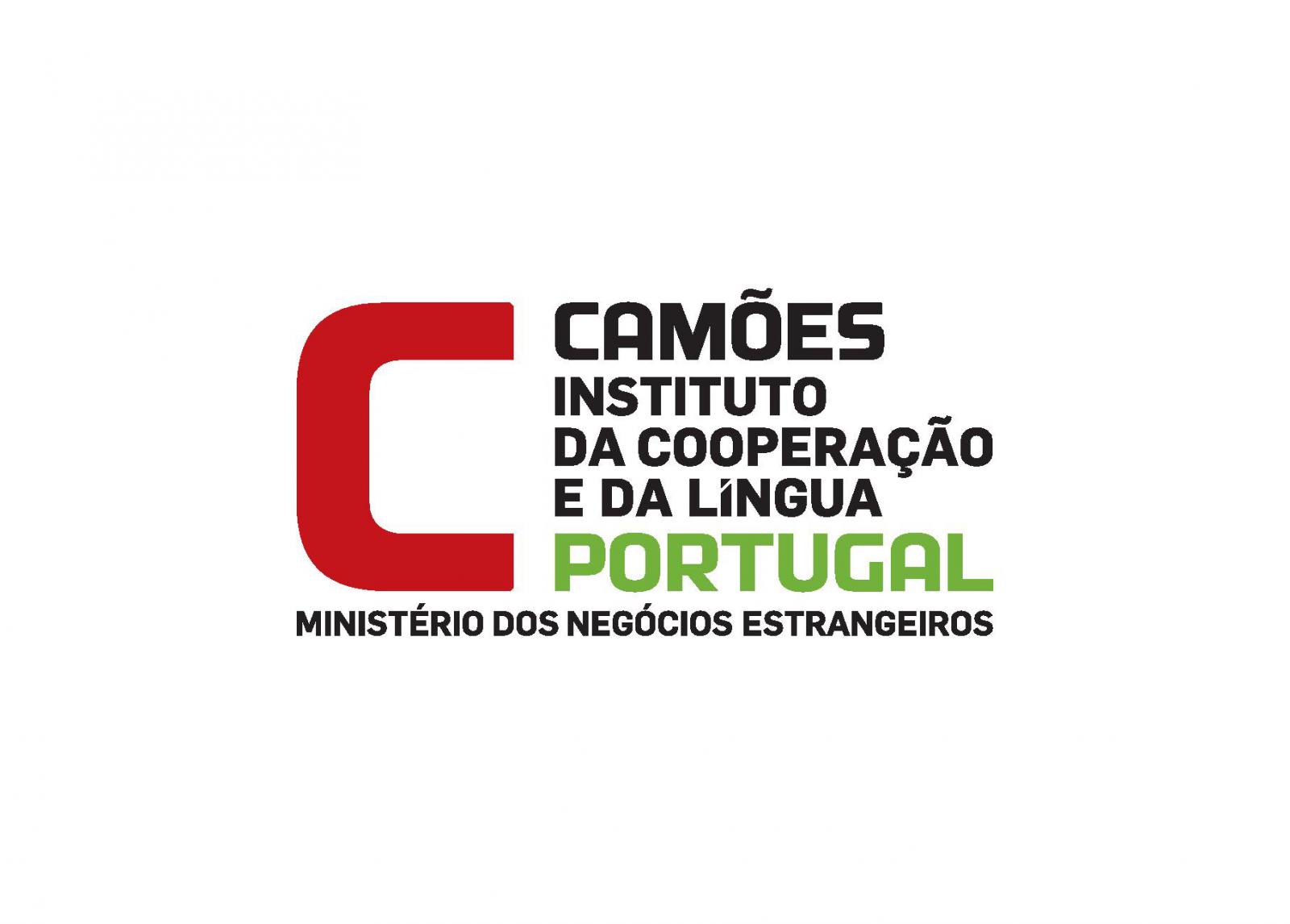

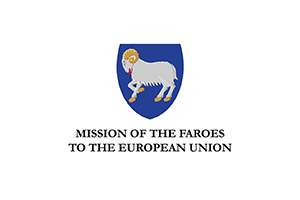

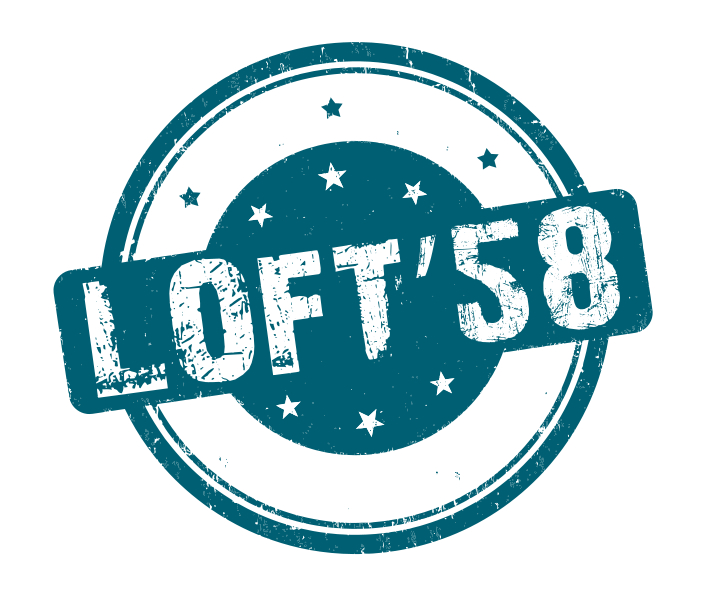
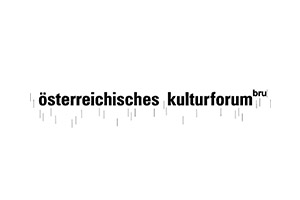


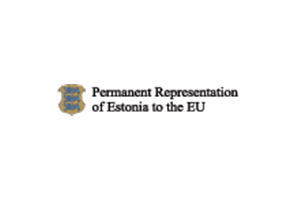
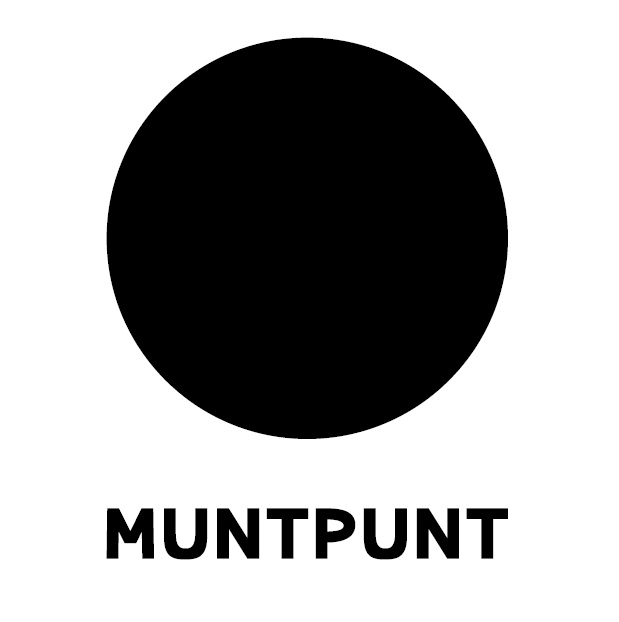
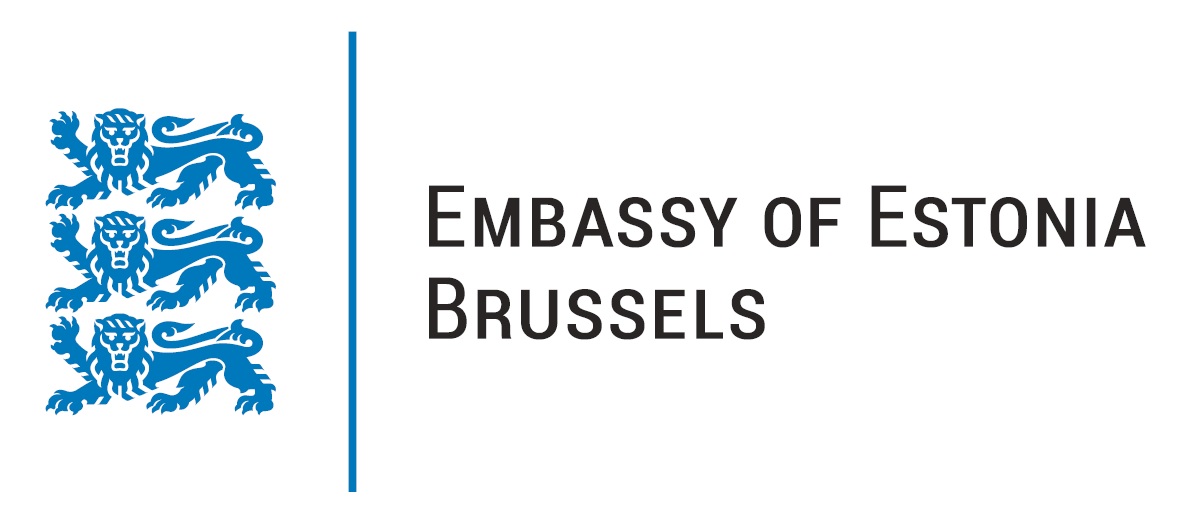

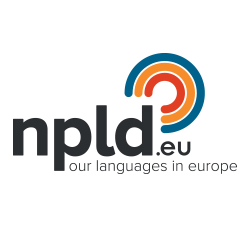
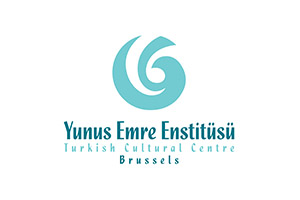

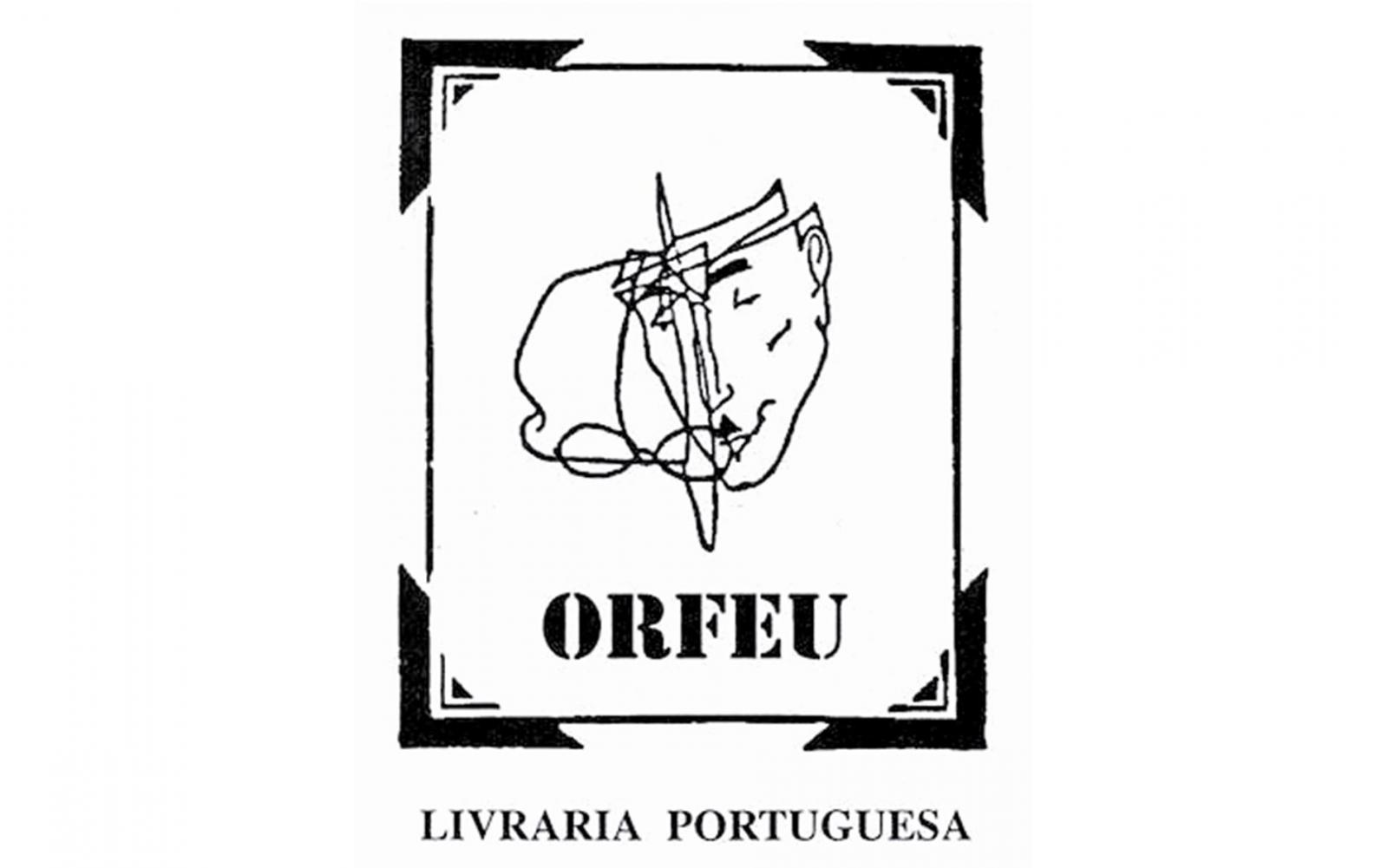
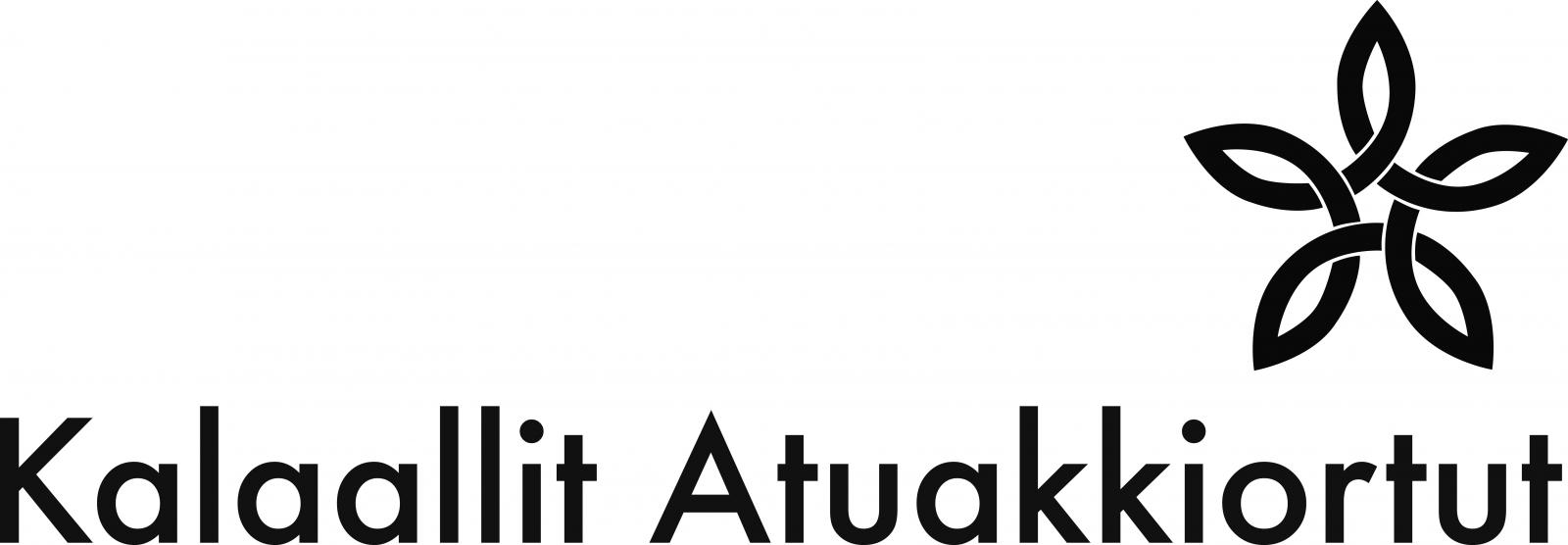

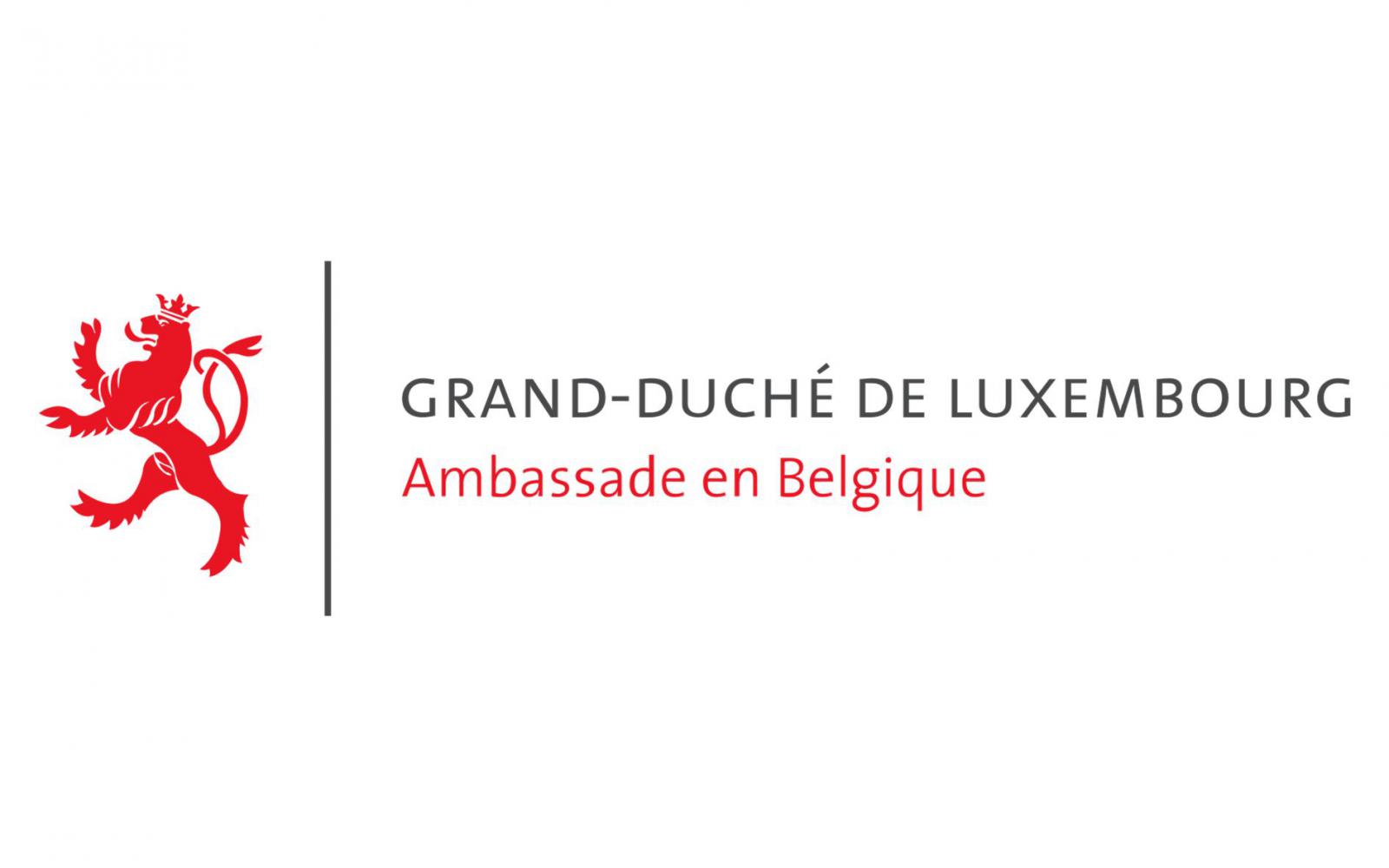
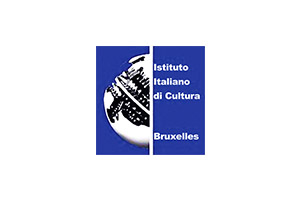


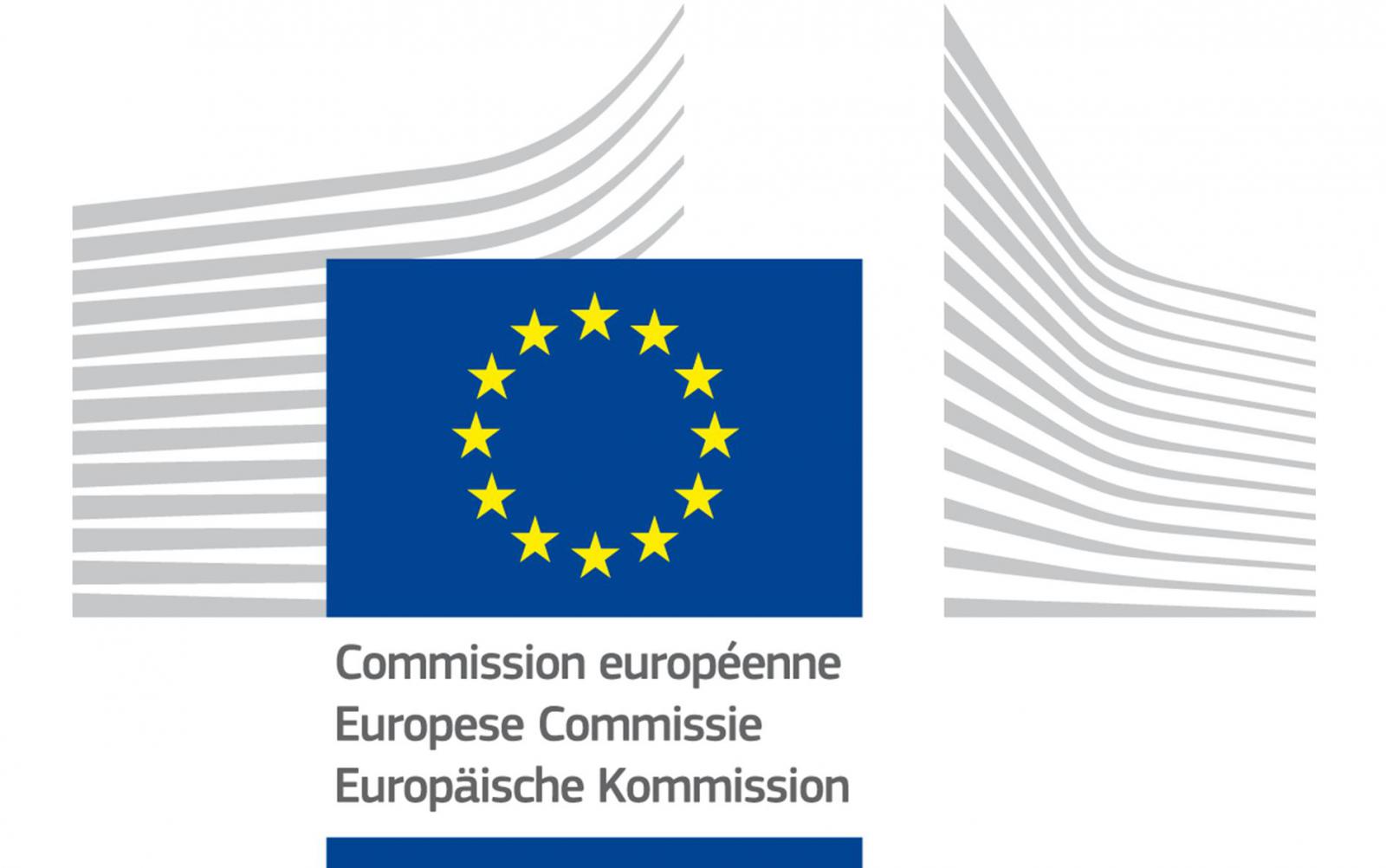
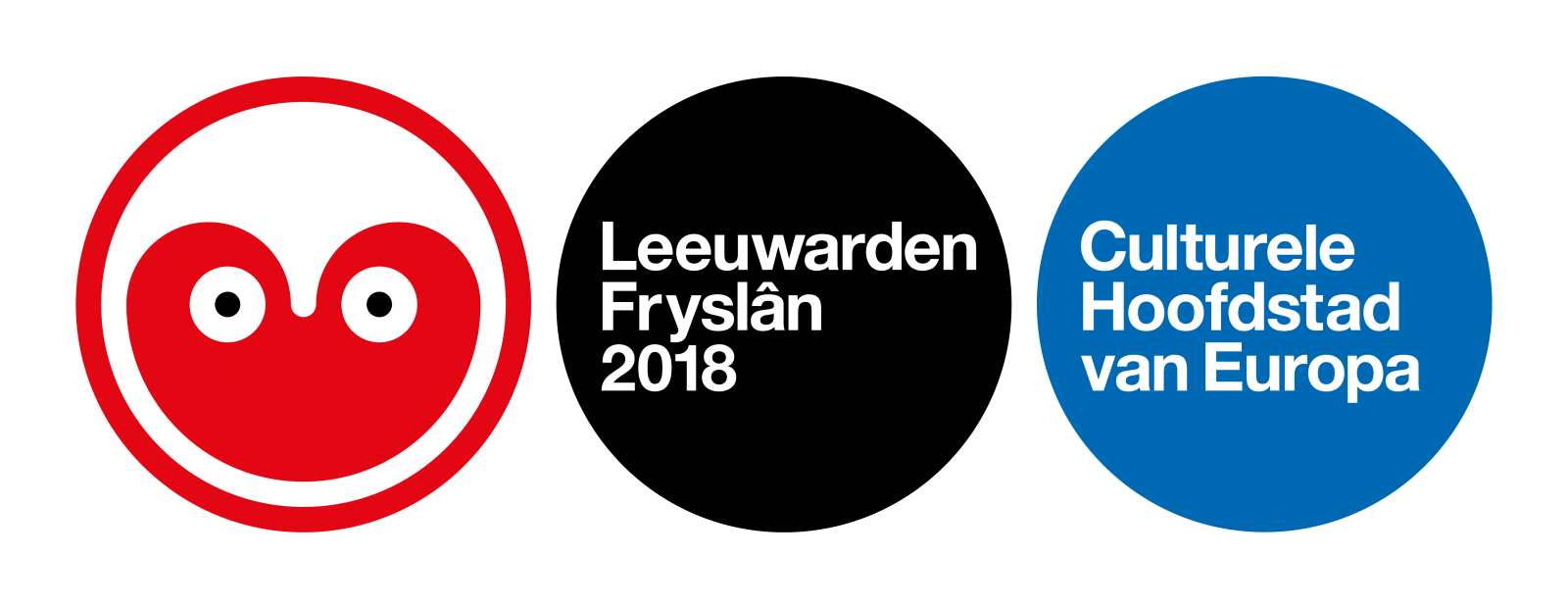

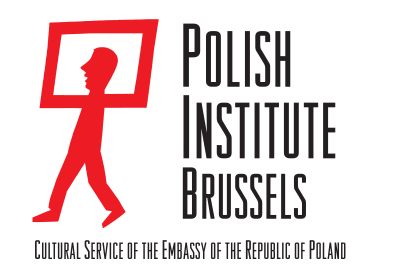

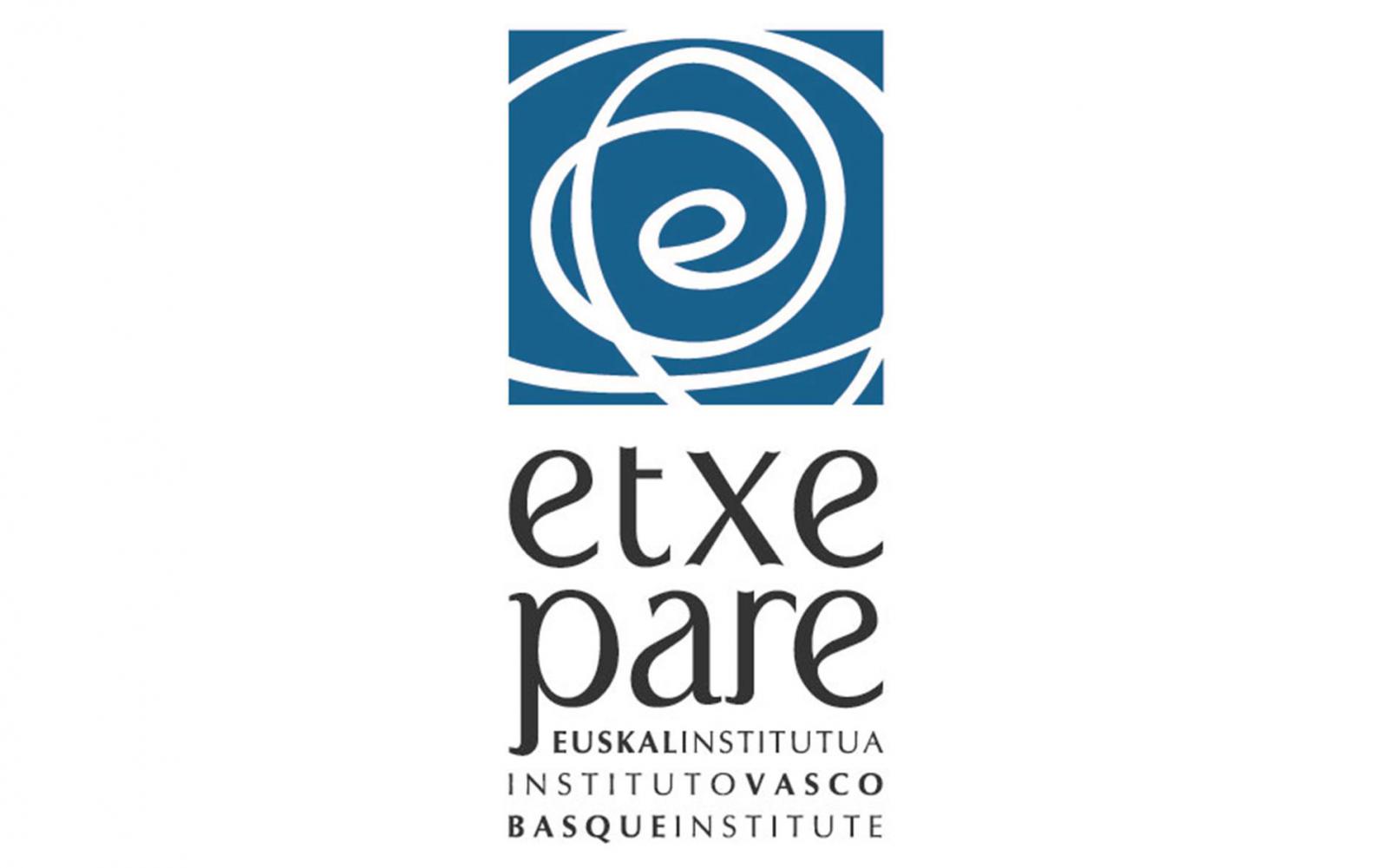
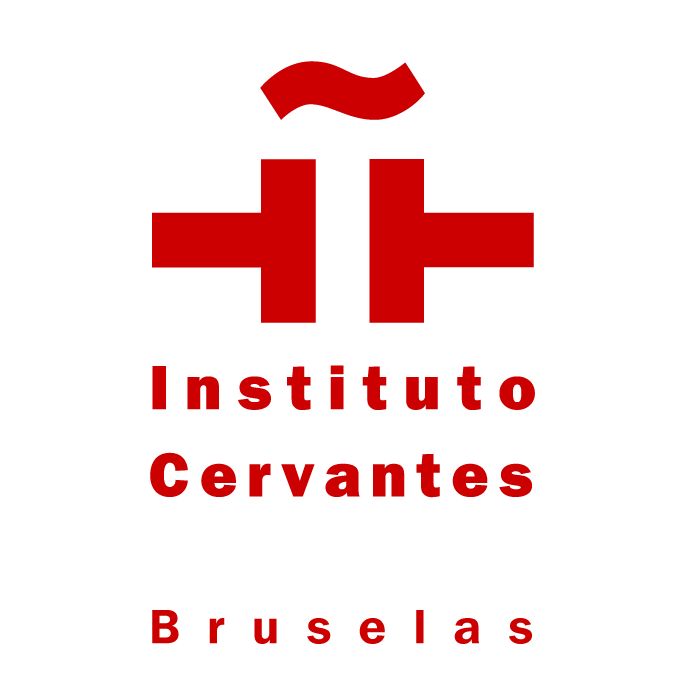
/RO - on the website.png)
